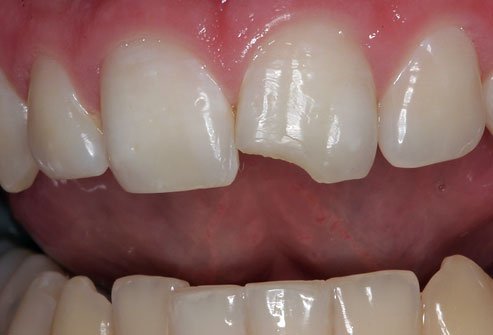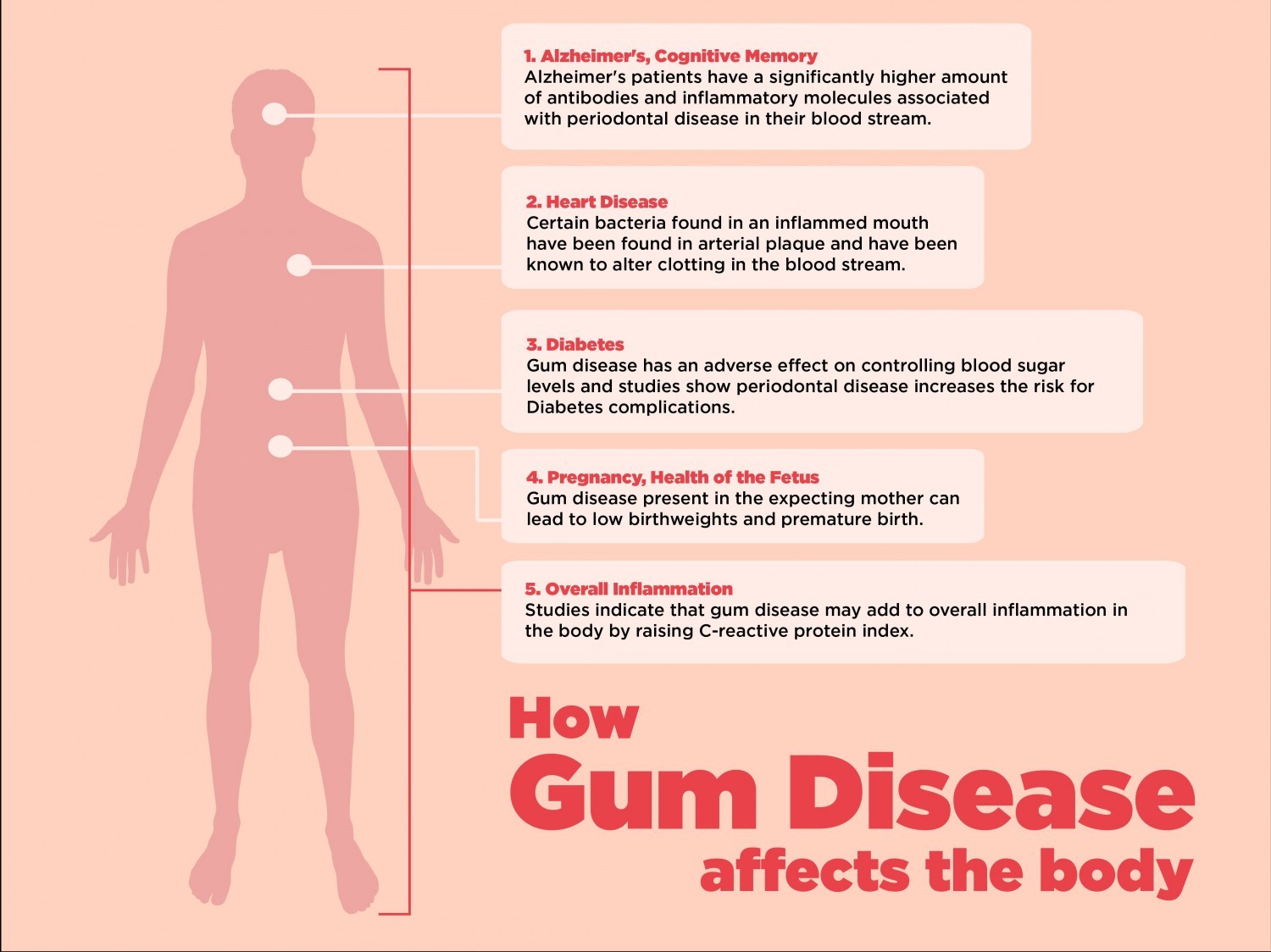Fractured Tooth
Even though our teeth are extraordinarily strong, they might chip, or break. Biting something very hard, being hit or punched on the mouth or face or falling are some of the causes of fractured teeth.
When your teeth chip or break, it doesn’t hurt. You might not even perceive the damage caused. Minor fractures of the tooth might not cause any pain, but if a larger piece of tooth chips off, it can be very painful. This is because the underlying nerve is damaged and if this is exposed to cold or hot drinks or foods, air and saliva, it can cause extreme discomfort. Pain caused by a cracked or a broken tooth can either be constant or it might be periodic. Some people feel this pain while chewing something as it exerts pressure on the teeth.
What Can You Do?
- Fractured or cracked tooth – A fractured or a cracked tooth cannot be treated at home. You’ll have to seek your dentist’s help. A tooth might only hurt while you eat or there’s a change in the temperature of your mouth (after drinking something cold or hot). If you are experiencing a continuous pain, it can be a case of damaged blood vessels or nerves.
- Broken tooth – In case of broken teeth, visit your dentist immediately. Your dentist will be able to understand the cause of the breakage, whether it is caused due to cavities and if the nerve is injured.
Treatment:
Different tests are performed in the mouth to determine if a tooth fracture is present. In some instances, dental X-rays can help to diagnose, locate, and measure the extent of tooth fractures.
A serious fracture is one that exposes both the dentin and the pulp tissue and should be treated promptly. Serious injuries may make the tooth displaced and loose, and cause the gums to bleed. To prevent the loose tooth from falling out completely, the dentist can splint the loose tooth by bonding it to the adjacent teeth to help stabilize it while the underlying bone and gums heal. Because of the high risk of pulp infection after the exposure of the pulp to the oral environment, a root canal procedure may need to be performed during the first visit.
Alternatively, the dentist may elect to only apply a sedative dressing on the splinted tooth to help calm the tooth pain. The tooth will then be reevaluated in two to four weeks to determine if a root canal procedure is necessary. If the tooth appears to have recovered and is stable in the mouth, the splint is removed at that time and a filling or crown is placed to restore the fractured tooth.
The most serious injuries involve vertical, diagonal, or horizontal fractures of the tooth roots. In most instances, a fracture of the tooth root leaves the injured tooth very loose and unable to be restored with dental work, thus necessitating tooth extraction.
If you experience injury to your tooth, contact Expressions Dental. Our general dentist can examine your tooth and recommend various treatments depending on the location and extent of the break.


